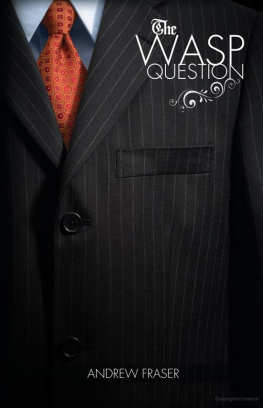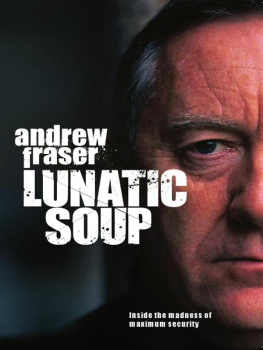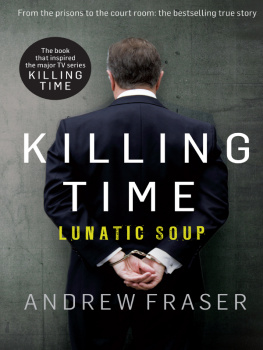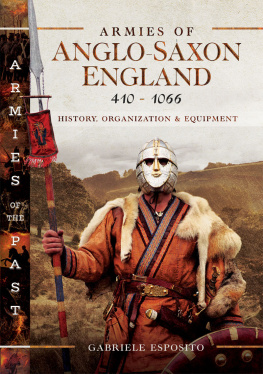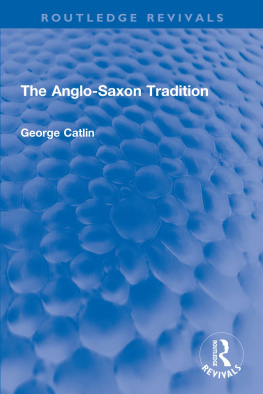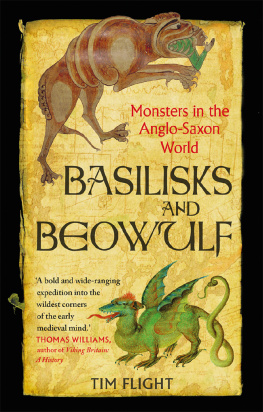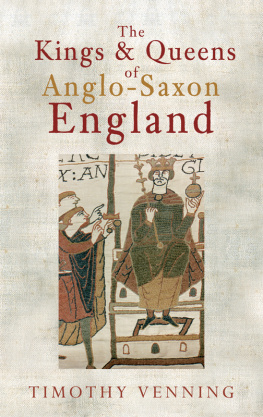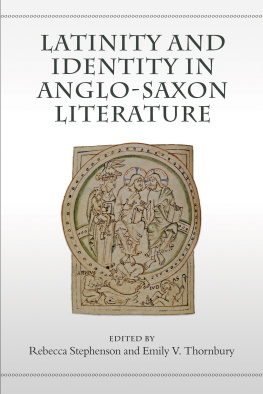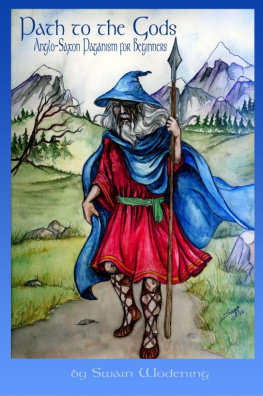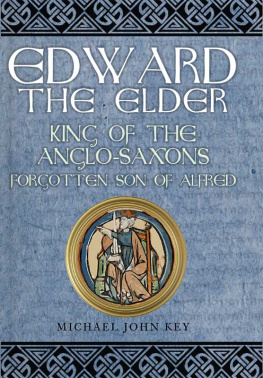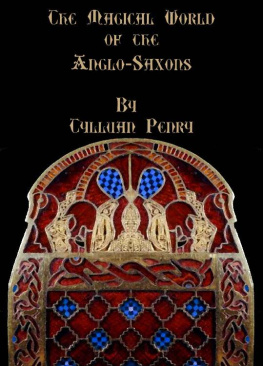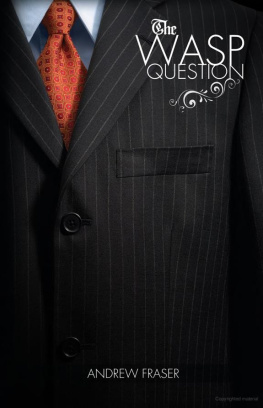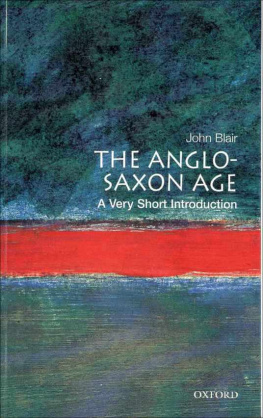First edition published in 2011 by Arktos Media Ltd.
Copyright 2011 by Arktos Media Ltd.
All rights reserved. No part of this book may be reproduced or utilised in any form or by any means (whether electronic or mechanical), including photocopying, recording or by any information storage and retrieval system, without
permission in writing from the publisher.
Printed in the United Kingdom
isbn 978-1-907166-29-7
BIC classification: Social & political philosophy (HPS);
Conservatism and right-of-centre democratic ideologies (JPFM);
Nationalism (JPFN)
Editor: Kathleen R. Boehringer
Proofreader: Michael J. Brooks
Cover Design: Andreas Nilsson
Layout: Daniel Friberg
ARKTOS MEDIA LTD
www.arktos.com
Introduction: Th e Anglo-Saxon as Pariah
T h is book seeks to explain why WASPs (a subtly, perhaps deservedly derogatory acronym coined sometime in the late Fifties to denote white Anglo-Saxon Protestants) rarely rise to the conscious, principled defence of their collective biocultural interests, even in the face of obvious aggression from their racial, ethnic, and religious rivals. One expects to find Anglophobia among other ethnic groups, most notably perhaps the Irish and Jews; such antagonism is the natural and ordinary consequence of inter-ethnic competition. WASPs, however, simply absorb such hostility; they, too, hold their ancestors responsible for uniquely monstrous crimes against humanity. Accordingly, self-loathing WASPs no longer look to an ethnoreligious community of memory as the indispensable source of collective meaning, value, and purpose.
Indeed , the few proudly Anglo-Saxon patriots scattered around the world are now political pariahs. By contrast, the thoroughly deracinated WASPs who eschew atavistic tribal loyalties are generally well-adjusted, other-directed characters eager to go with the flow. Few such organization men and even fewer liberated women possess the psychological independence necessary to flout convention and think for themselves, much less to express genuine solidarity with their co-ethnics, past and present. Denouncing and despising every explicit expression of in-group solidarity among their own kith and kin, WASPs have lost their collective soul. In an age of diversity, they are the invisible race. But their fate is not foreclosed; neither the gene pool nor the spirit of the Anglo-Saxon race is doomed to extinction. Over the next century, a saving remnant of Anglo-Saxon Protestant ethnopatriots, outcasts from a society in which the normal has become abnormal, will become a highly visible minority. Sooner or later, they will step out of the shadows to speak for a people reborn, an ethnonation like any other, requiring its own place in the sun.
Admittedly, such a prophecy is counter-intuitive. In present circumstances, any WASP who tries to revive older traditions of British race patriotism immediately breaches the bounds of acceptable political discourse. Paradoxically, pariah status is now an essential precondition to the rediscovery of collective identity among people of British ancestry. Useful comparisons can be made between the newly emancipated Jewish parvenu in Europe during the nineteenth century and the novel situation facing WASPs who have become strangers in their own lands. Upwardly-mobile Jews such as Karl Marxs father in Germany often foreswore open solidarity with their own race and religion so as to gain admission to polite society and the professions. Only a few isolated individuals insisted that the emancipation of the Jews must amount to more than an opportunity to ape the gentiles; they sought instead the admission of Jews as Jews to the ranks of humanity. In rejecting the opportunity to play the parvenu , such men became conscious pariahs. Today only a small minority of WASPs dare to become conscious pariahs by refusing to renounce their racial particularity. According to the Jewish scholar Hannah Arendt, this is an intolerable state of affairs. In her view, it is a fundamental truth of the human condition that an individual of any nation or race can enter the world history of humanity only by remaining and clinging stubbornly to what he is. Th e systematic denial of that truth reveals the spiritual emptiness at the heart of modernity: Th e normal, well-adjusted and utterly deracinated liberal WASP passing in polite society as a cosmopolitan and enlightened citizen of the world is actually no less a monster than a hermaphrodite. Th e question arises: Why are so few WASPs willing to cling any longer to who they are. Th e answer lies in the Anglo-American tradition of constitutional patriotism, a civil religion that transformed the abnormal renunciation of in-group solidarity among Anglo-Saxon Protestants into the touchstone of political normality.
In her private and social life, Hannah Arendt clung stubbornly to the particularistic bioculture and historic folkways of the Jewish people even as she publicly prescribed a thoroughly secular and cosmopolitan tradition of civic republicanism for her adopted country. She dismissed as fanciful the notion that America is or ever was a Christian republic. She claimed that the religious roots of the American republic are to be found not in the Christian faith in a revealed God nor in Hebrew obedience to the Creator who was also the Legislator of the universe. If the founders can be called religious at all, Arendt argued, it was only in the original Roman sense of the word religion. According to Arendt, Roman religion had little to do with participation in the divine; it was more concerned with a pious respect for the halo of time shrouding the origins of the republic. One wonders, however, whether Arendt ever made the conscious calculation that the ethnic interests of her fellow Jews are best served by detaching the American republican tradition from the Anglo-Saxon blood and Christian faith of the nations founding people.
Arendt, of course, is far from being the only political theorist to draw a bright line between the Christian faith and classical republicanism. JGA Pocock, a New Zealand-born WASP, is perhaps the most accomplished historian of the Atlantic republican tradition. He, too, distinguished between Christians who include the whole of humanity in their quest for eternal life and civic humanists. For the latter, the republic was universal only in that it existed to realize for its citizens all the values which men were capable of realizing in this life; it remained particular in the sense that it is located in space and time. Both Arendt and Pocock presented the classical republic as a secular association of persons formed with a view to some good purpose. Race and religion play little or no role in the work of either writer. Arendt concentrated on the abstract categories of work, labor, and action in her analysis of the constitution of the public and private realms in the Athenian polis .
Arendt sought to liberate political theory from the biological imperatives of natural necessity while providing a secular alternative to the alleged wordlessness of apolitical ethnoreligious communities grounded in Christian charity. Accordingly, she rejected the German-inspired nationalism that regarded a nation to be an eternal organic body, the product of inevitable natural growth of inherent qualities, and explained peoples, not in terms of political organizations, but in terms of biological superhuman personalities. Renouncing all neo-romantic appeals to the volk , Arendt maintained that ones ethnic, religious, or racial identity was irrelevant to ones identity as a citizen , and that it should never be made the basis of membership in a political community. Arendt was no less hostile to the theological image of the nation as the incarnation of a divine absolute on earth, observing that America was spared the cheapest and most dangerous disguise the absolute ever assumed in the political realm, the disguise of the nation. She recognized, of course, that the price homo Americanus paid for that release was severance from the blood and faith he shared with his kinfolk in the Old World.

